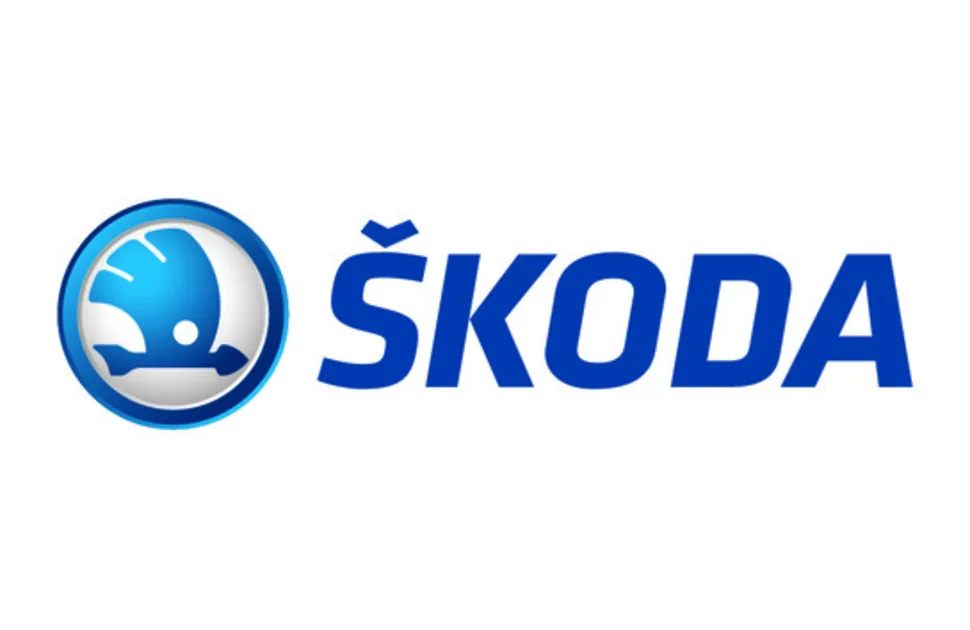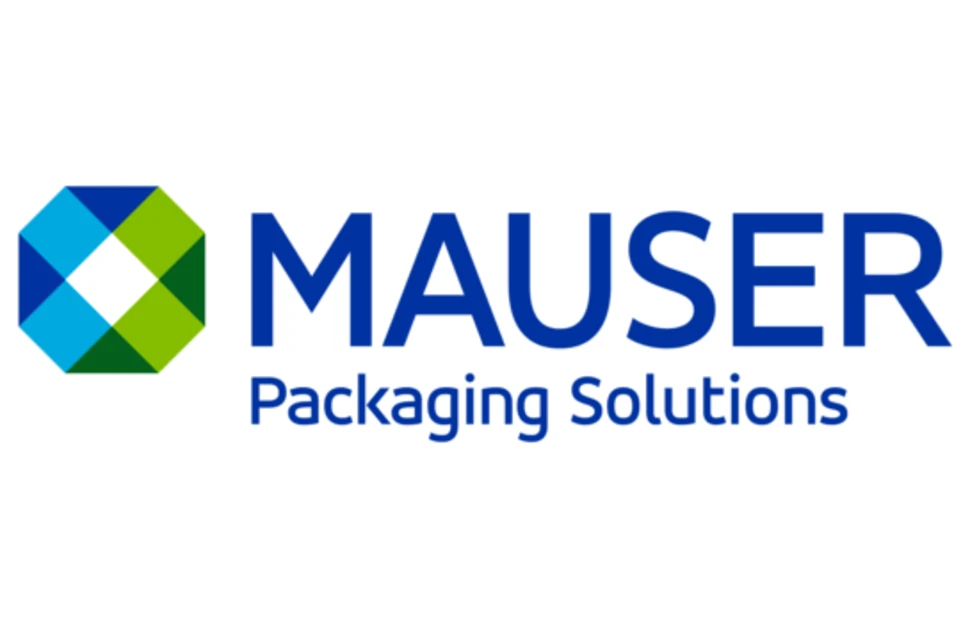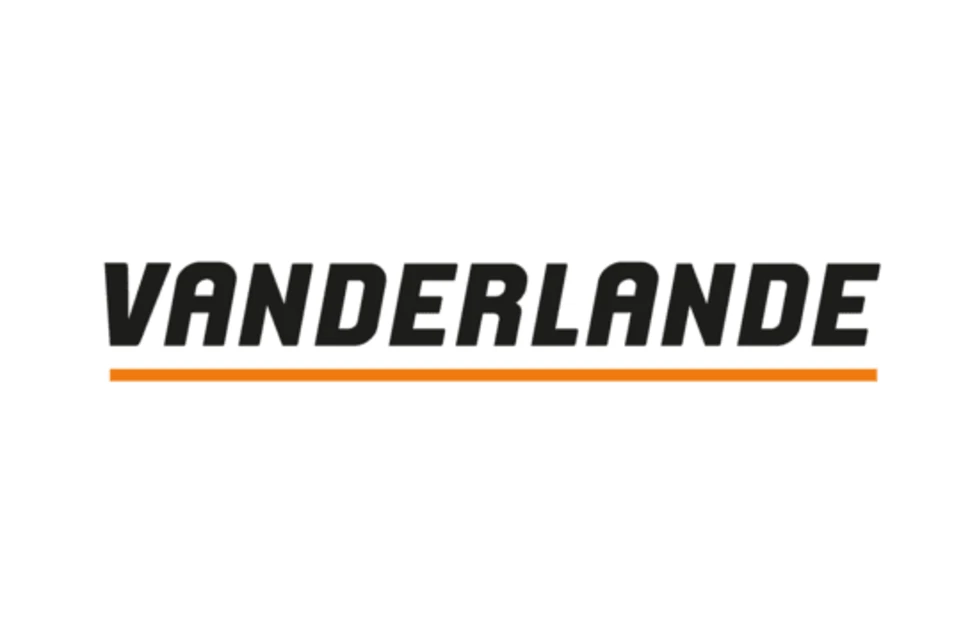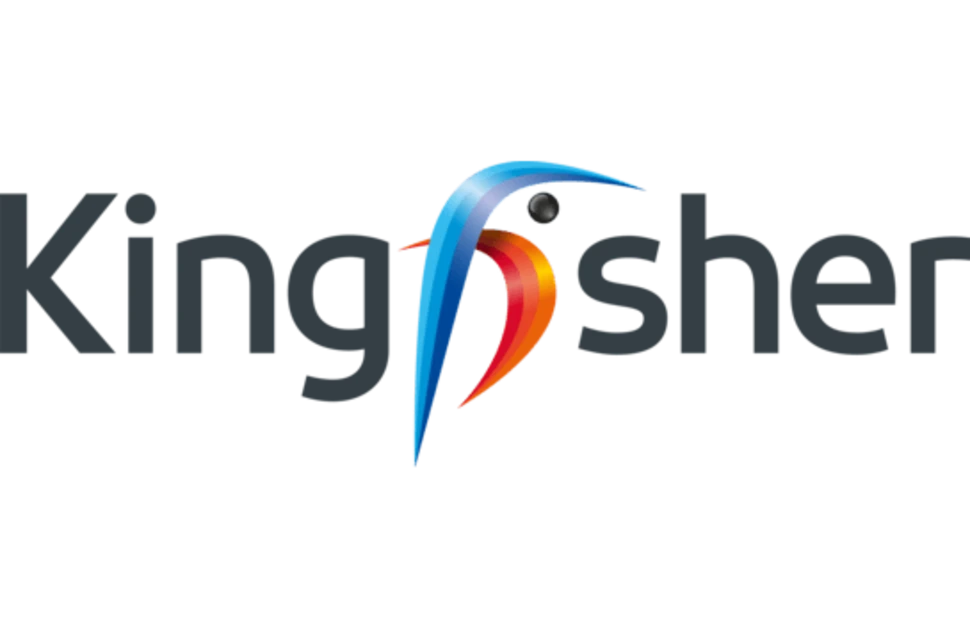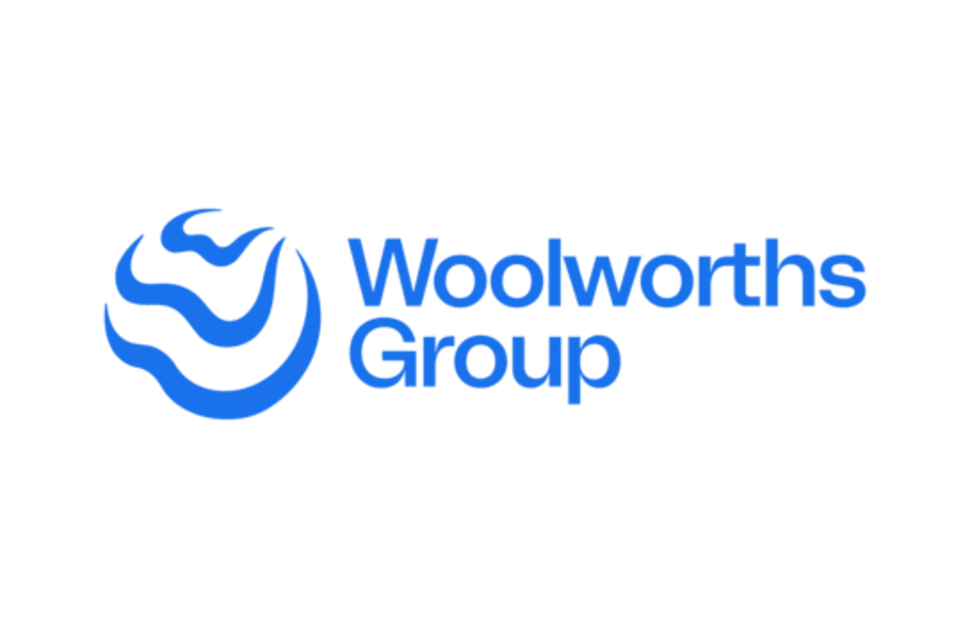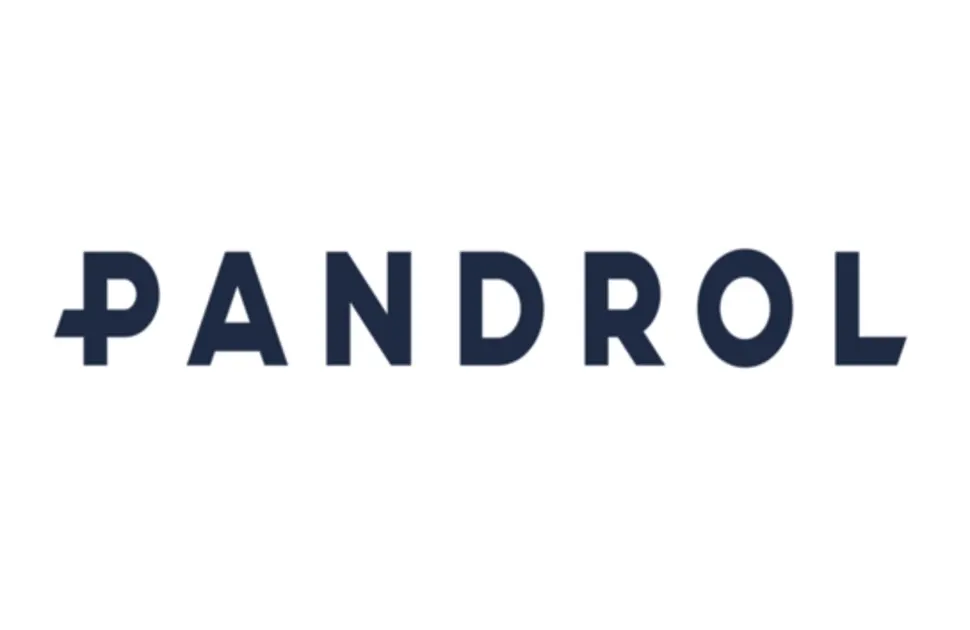MEPS’s global steel production and capacity round-up
China’s rising steel production, new antidumping measures in Japan and South Korea and declining profits at EU steelmakers feature in this month’s MEPS steelmaking capacity round-up.
The monthly update summarises MEPS’s short articles on steelmaking capacity developments, which were previously featured in the August editions of the European Steel Review, International Steel Review and Stainless Steel Review.
Contact MEPS for details of how to subscribe to these monthly publications, which provide steel prices and indices, market commentaries and six-month steel price forecasts.
East Asia
Production – China
Chinese steelmakers produced 20.2 million tonnes of stainless steel in the first half of this year.
Data published by the Stainless Steel Council, part of the China Iron and Steel Association, confirmed the figure, which represents an increase of 5.2%, or one million tonnes, compared with the same period in 2024. Of this total, 10.3m tonnes were 300 series, 3.8m tonnes were 400 series and 5.85m tonnes were 200 series. The remaining 235,000 tonnes were duplex grades.
China imported 8.28m tonnes of stainless steel in the January to June period, down by 25.3% year-on-year, while exports increased by 5.7% year-on-year, to 2.50m tonnes.
HBIS Group
HBIS Group has commissioned a new continuous caster at its Wuyang facility in Henan province, China.
The single-strand unit, completed in August 2025, has a capacity of one million tonnes per year. It produces ultra-thick slabs ranging from 370mm to 460mm with widths ranging between 1,600mm and 2,500mm.
Primetals Technologies, the company that completed the installation on behalf of HBIS Group, says that the caster is “the most powerful of its kind worldwide”, highlighting its ability to apply 5,000 kilonewtons of force during rolling.
Tsingtuo Group
Tsingtuo Group has signed an agreement with the district government in Fuling, Chongqing province, to construct a stainless steel processing facility.
Developed with an investment of USD280 million, the Chinese steelmaker’s new facility will have an annual capacity of 700,000 tonnes. According to a government representative, the site is expected to generate an annual output value of around USD1.4 billion once it reaches full capacity.
Trade defence – South Korea
The Korea Trade Commission has recommended that preliminary antidumping duties be applied to imports of hot rolled flat products sourced from China and Japan.
The proposed duties range from 31.58% to 33.57% for Japanese material, while the recommendation for Chinese material is 28.16% to 33.10%.
South Korea’s antidumping investigation was launched in March 2025, following the receipt of a complaint from Hyundai Steel.
The Commission’s recommendations will now be referred to the country’s Ministry of Economy and Finance.
Trade defence – Japan
Authorities in Japan have launched an antidumping investigation into imports of hot dipped galvanised coil from China and South Korea.
The investigation follows a complaint from four domestic producers, who together account for more than 50% of Japan’s production of this product. The complainants say that imports have been dumped in the country since 2022, causing a surge in imports. The allegation goes on to say that Korean-origin material was sold 10-20% below normal value during this time, with Chinese-origin material available 30-40% below its normal value.
Japanese authorities have up to 12 months to assess these claims and make any necessary recommendation.
Europe
ArcelorMittal
ArcelorMittal has confirmed that it has suspended its planned development of a EUR1.8 billion DRI and hydrogen facility at Dunkirk.
The company cited market uncertainty, high energy costs, delays to CBAM, and insufficient safeguards against low-cost imports as reasons for the decision. The project required a long-term switch to green or low-carbon hydrogen to be eligible to receive up to EUR850 million in state funding. However, current electricity and hydrogen prices leave this model unviable.
While ArcelorMittal’s DRI scheme is now on hold, the steelmaker still plans to install a EUR1.2 billion EAF at the site, targeted for completion in late 2028 or early 2029, pending a final investment decision.
EU trade defence
The European Commission has started monitoring imports and exports of steel scrap into and out of the EU.
The initiative is part of the Commission’s Steel and Metals Action Plan and will aim to address falling scrap availability within the bloc, an issue partly attributed to “scrap leakage” to non-EU countries.
The Commission says that its new monitoring process will provide it with the information necessary to implement targeted trade measures. This follows recent moves by the Commission to a introduce a new surveillance tool set up to identify import surges caused by trade diversion.
In another development of the EU’s trade defence measures, the Commission has adjusted steel safeguard measures for Category 17 angles, shapes, and sections of iron or non-alloy steel. The change, implemented on August 1, includes the reintroduction of country-specific quotas for South Korea, Turkey and the United Kingdom.
For other countries importing under the residual quota, the usage cap will rise from 15% to 40%. South Korea, Turkey and the UK are excluded from accessing the residual quota in the final quarter of the safeguard year.
Outokumpu
Outokumpu’s latest financial report shows that the company generated EUR1.52 billion in revenue during the second quarter of 2025.
The Finland-based steelmaker delivered 483,000 tonnes of stainless steel products during the period, a year-on-year increase of 3.2%. This resulted in an operating loss of EUR21 million.
Within its third quarter outlook the company confirmed that it expected its quarter-on-quarter deliveries to fall by between five and 15%, due to seasonal factors and general market weakness in Europe.
Outokumpu sees no demand recovery yet in the US, despite the current tariff regime providing favourable market conditions for local producers.
Thyssenkrupp
Thyssenkrupp Electrical Steel has awarded a contract to equipment manufacturer SMS to modernise the cold rolling reversing mill at its plant in Gelsenkirchen, Germany.
Specialising in grain-oriented silicon steel, the facility will receive upgraded electrical and automation systems along with new IT infrastructure. The project will be executed in two phases, with completion scheduled for 2027.
Thyssenkrupp Electrical Steel says that its aim is to advance automation and safety.
North America
Trade defence – Canada
The Canadian government has revised the tariff-rate quotas on steel imports that it originally introduced on June 27.
Quarterly quotas will now apply to 23 product categories covering semi-finished and finished steel goods, with imports above these quotas attracting a 50% duty.
Separate quotas are set for countries with which Canada maintains free trade deals. Mexico and the United States remain exempt from the measures.
Under Canada’s new trade defence regime, used tariff-rate quota volumes from earlier quarters will no longer be carried forward.
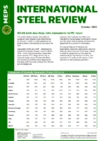
Source:
International Steel Review
The MEPS International Steel Review is an essential monthly publication, offering professional analysis and insight into carbon steel prices around the world.
Go to productRequest a free publication
